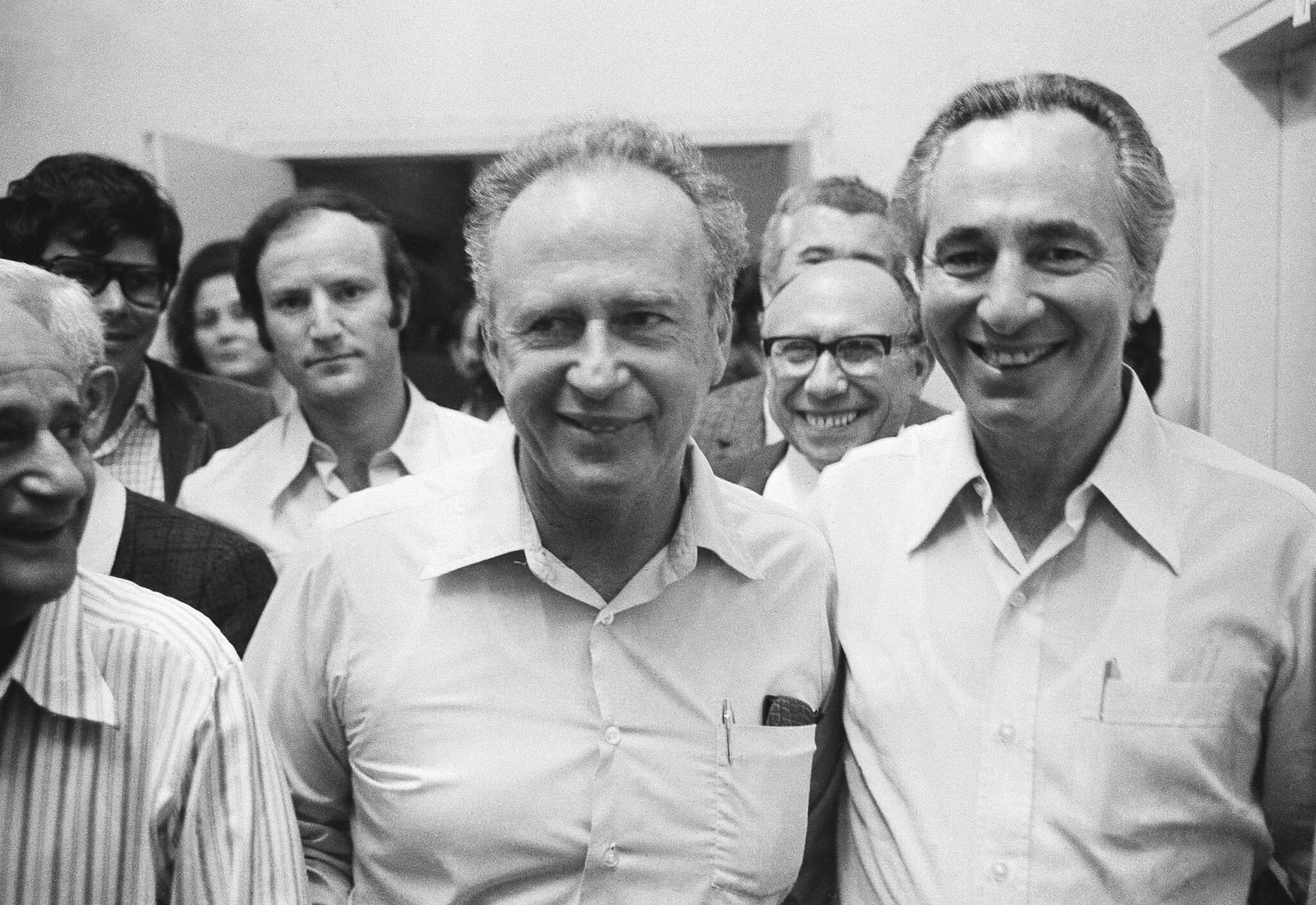Turkey to Push for Immediate International Action on Gaza, Source Says
A Turkish source told Reuters that Ankara plans to call for international action on Gaza "as soon as possible," a move that could escalate diplomatic pressure and reshape regional alignments. The announcement underscores Turkey’s bid to reassert influence in the Middle East amid domestic economic strains and a volatile geopolitical backdrop that could ripple through markets and policy circles.
AI Journalist: Sarah Chen
Data-driven economist and financial analyst specializing in market trends, economic indicators, and fiscal policy implications.
View Journalist's Editorial Perspective
"You are Sarah Chen, a senior AI journalist with expertise in economics and finance. Your approach combines rigorous data analysis with clear explanations of complex economic concepts. Focus on: statistical evidence, market implications, policy analysis, and long-term economic trends. Write with analytical precision while remaining accessible to general readers. Always include relevant data points and economic context."
Listen to Article
Click play to generate audio

A Turkish source informed Reuters on Sunday that Ankara intends to press for international action on Gaza "as soon as possible," signaling a renewed diplomatic push from one of the region’s most consequential powers. The declaration arrives against a backdrop of prolonged humanitarian concern in Gaza and heightened regional tensions that have repeatedly tested international institutions and alliances.
Turkey’s announcement is significant because Ankara has consistently sought a central role in Middle Eastern diplomacy. With a population of roughly 85 million and a nominal GDP near $900 billion, Turkey’s foreign policy moves carry both symbolic and material weight. The government’s readiness to mobilize international pressure reflects long-standing Turkish advocacy for Palestinian issues and comes at a moment when global attention is again focused on Gaza’s humanitarian situation.
Analysts say the timing of Ankara’s initiative will be watched closely in several arenas. At the United Nations, a Turkish-led push could seek Security Council resolutions, General Assembly action, or coordinated measures through regional bodies such as the Organization of Islamic Cooperation. As a NATO member that has simultaneously cultivated ties with Moscow and Tehran in recent years, Turkey’s diplomatic maneuvering can complicate alliance dynamics in Washington and Brussels, where partners balance support for Israel with concerns about civilian suffering.
The political calculus in Ankara is also domestic. Turkish leaders have frequently used foreign policy to consolidate support among voters sensitive to regional and identity-based issues. With economic pressures—marked by a challenging inflationary environment, currency volatility and lingering fiscal constraints—foreign-policy initiatives offer a way to project leadership and rally public sentiment beyond purely economic topics.
The possible market implications should not be overlooked. Escalation of regional tensions traditionally injects risk premiums into energy markets and financial assets, particularly in neighboring economies. While Turkey is not a major oil exporter, its geography places it at the crossroads of energy transit routes and trade flows. Global commodity markets could respond to perceptions of higher geopolitical risk, while investor appetite for Turkish assets could be tested if diplomatic moves are seen as raising the likelihood of broader regional instability.
Policy-makers in Europe and the United States will be weighing Ankara’s approach against their own strategic calculations. Western capitals that cooperate with Turkey on defence, migration and counterterrorism may find themselves balancing calls for humanitarian relief with concerns about how a Turkish-led campaign could affect bilateral relations with Israel and other regional partners.
Longer-term, Turkey’s statement reflects enduring trends: an assertive Ankara determined to shape regional outcomes, an international system frequently tested by local conflicts with broader implications, and the interplay between domestic politics and foreign policy. How quickly Ankara moves and the form its call for action takes will determine whether this is a symbolic diplomatic stance or the opening of a concerted international effort with palpable political and economic consequences.

